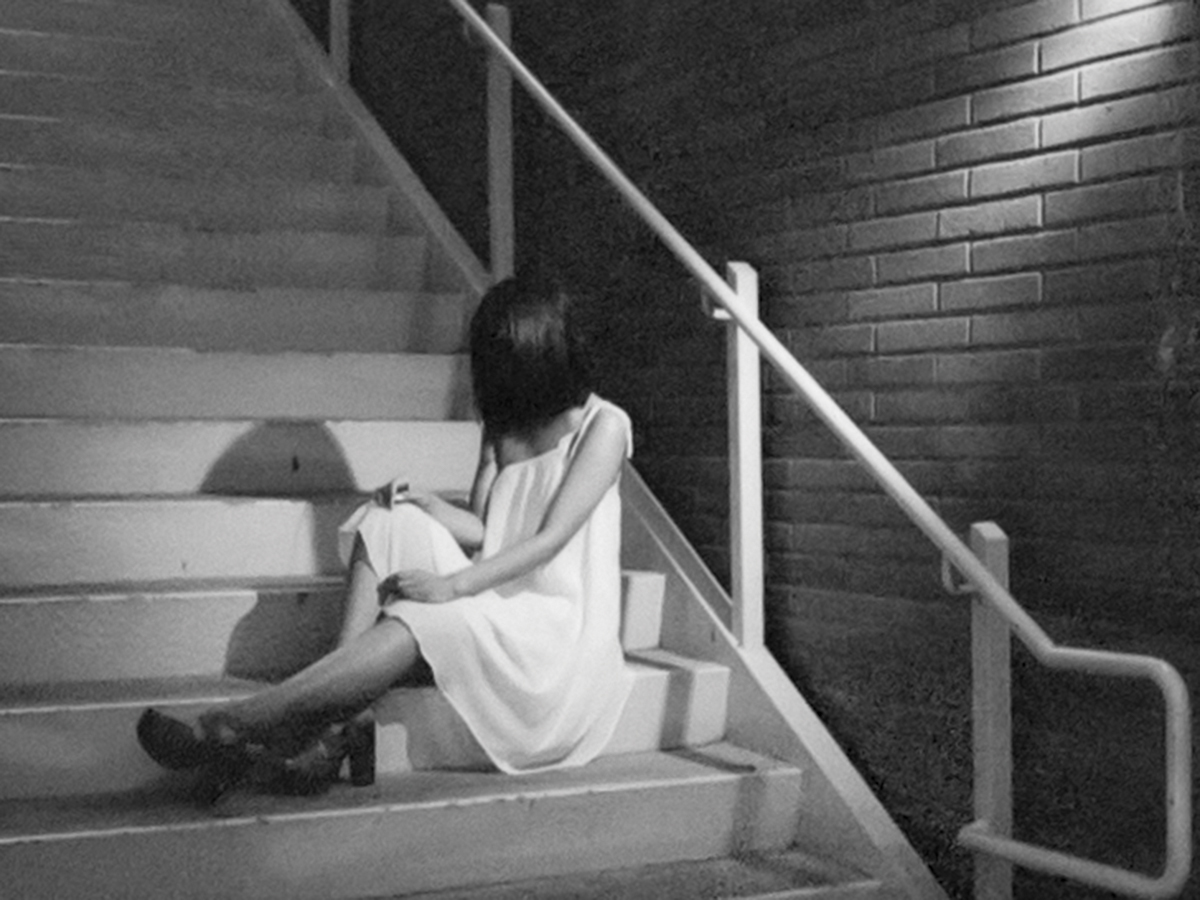The advent of social media has had profound effects on our society. In a sense, humanity is now more connected than at any point in history. Yet, paradoxically, loneliness has arisen as a major mental health problem in recent years. Loneliness is a common, misunderstood issue our society needs to address in the same way it addresses other mental health problems. Three out of four Americans currently experience high to moderate levels of loneliness and the situation is so extreme that former Surgeon General Vivek Murthy describes it as an epidemic. At present, few solutions exist for this issue outside of empathy.
Loneliness is a difficult subject to talk about due to its taboo cultural nature. Loneliness may be considered offensive to cultures that place a lot of value in the family unit, as loneliness seemingly implies that familial support has failed the individual. The lack of discussion about it leads most people to misunderstand the problem. Loneliness is best characterized as a lack of meaningful relationships in one’s life. An individual may feel abused or socially isolated from their family, resulting in a lack of close family connections. In situations such as these, it is essential to remember that loneliness is a feeling everyone experiences at some point.
Social media has been proven to have an adverse effect on loneliness as well. The depictions of life on social media commonly has users comparing their average days to others’ best days. Social media and loneliness are so closely intertwined that a 10% rise in negative experience on social media resulted in a 13% increase in feelings of loneliness. These unresolved feelings result in hundreds of thousands of people subscribing to the incel ideology, which acknowledges the crushing feeling of loneliness as a perpetual nightmare of resentment and isolation. These pent-up feelings of rage have already manifested in one mass shooting in 2014 in Isla Vista, in which a self-described incel murdered six people and wounded 14 more.
There is a light at the end of this long, melancholic tunnel, but recovery needs to start with acknowledging loneliness as an epidemic, especially considering the effects it can have on one’s health. Social isolation has proven to reduce one’s lifespan by a significant amount, and has shown to exacerbate heart disease, cognitive decline and Alzheimer’s. The Substance Abuse and Mental Health Services Administration has a 24-hour helpline at 800-662-4357. Simultaneously, free therapy sessions are available at Counseling and Psychological Services on campus by phone or in-person.
On a more individual level, it is imperative to remember that, while some people may have unique problems in their own lives, humanity exists as a society. People are engaged in a constant collective struggle and in order to put an end to this issue, they need to accept each other as members of that society. All of humanity is struggling together, and in that sense, no one can be truly alone. All it takes is a kind understanding.








